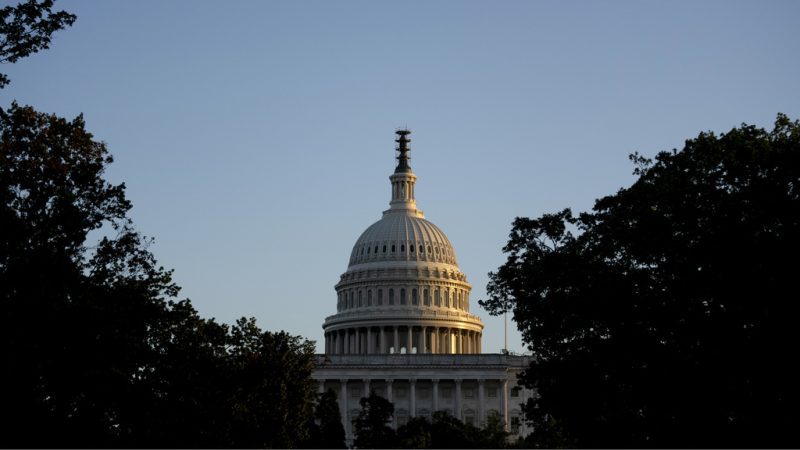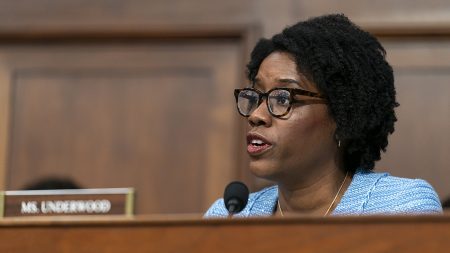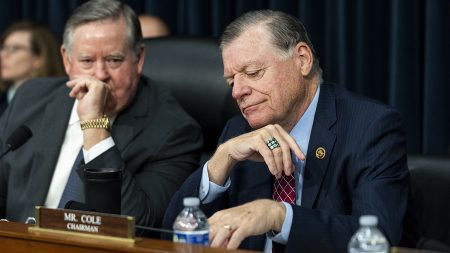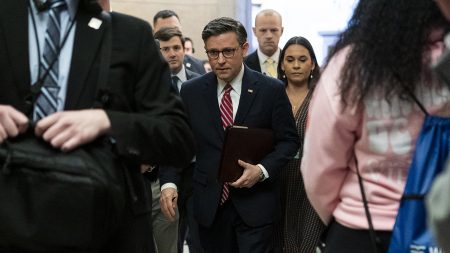A bipartisan agreement to finance large areas of the government and prevent a shutdown later this week is facing a problem as talks about the yearly Homeland Security Department (DHS) spending bill struggle.
The plan initially scheduled for release Sunday would have encompassed five full-year funding bills for the Defense, Labor, Health and Human Services, Education and State departments, as well as the Internal Revenue Service and general government and foreign operations.
Congressional leaders had also intended to have a temporary measure for DHS, acknowledged as the most difficult funding bill in the group, because significant partisan divisions still exist in Washington on the subject of the border and immigration.
However, the timing for the release of the package is being delayed after recent participation from the White House in negotiations, as per Republicans.
A source familiar with the situation stated that part of the disagreement is that Democrats are pushing for more funding for pay equality for the Transportation Security Administration, while Republicans want more funds for U.S. Immigration and Customs Enforcement’s detention and enforcement efforts.
The Hill has sought input from the White House and Democratic congressional leadership for a statement.
The development comes after a White House official told Politico on Sunday that Republicans wanted to “underfund DHS” after turning down an offer from Democrats for an additional $1.56 billion in funding for border security.
However, Raj Shah, deputy chief of staff to Speaker Mike Johnson (R-La.), pushed back on the report Sunday, saying “this statement from an unnamed White House staffer is misleading and counterproductive to reaching a bipartisan agreement to avoid a government shutdown.”
“House Republicans will continue to work in good faith to reach consensus on the appropriations bills that reprioritizes DHS funding towards enforcing border and immigration laws,” Shah added.
Congress has until Friday to pass legislation to keep various parts of the government funded or risk its first partial government shutdown in years.









